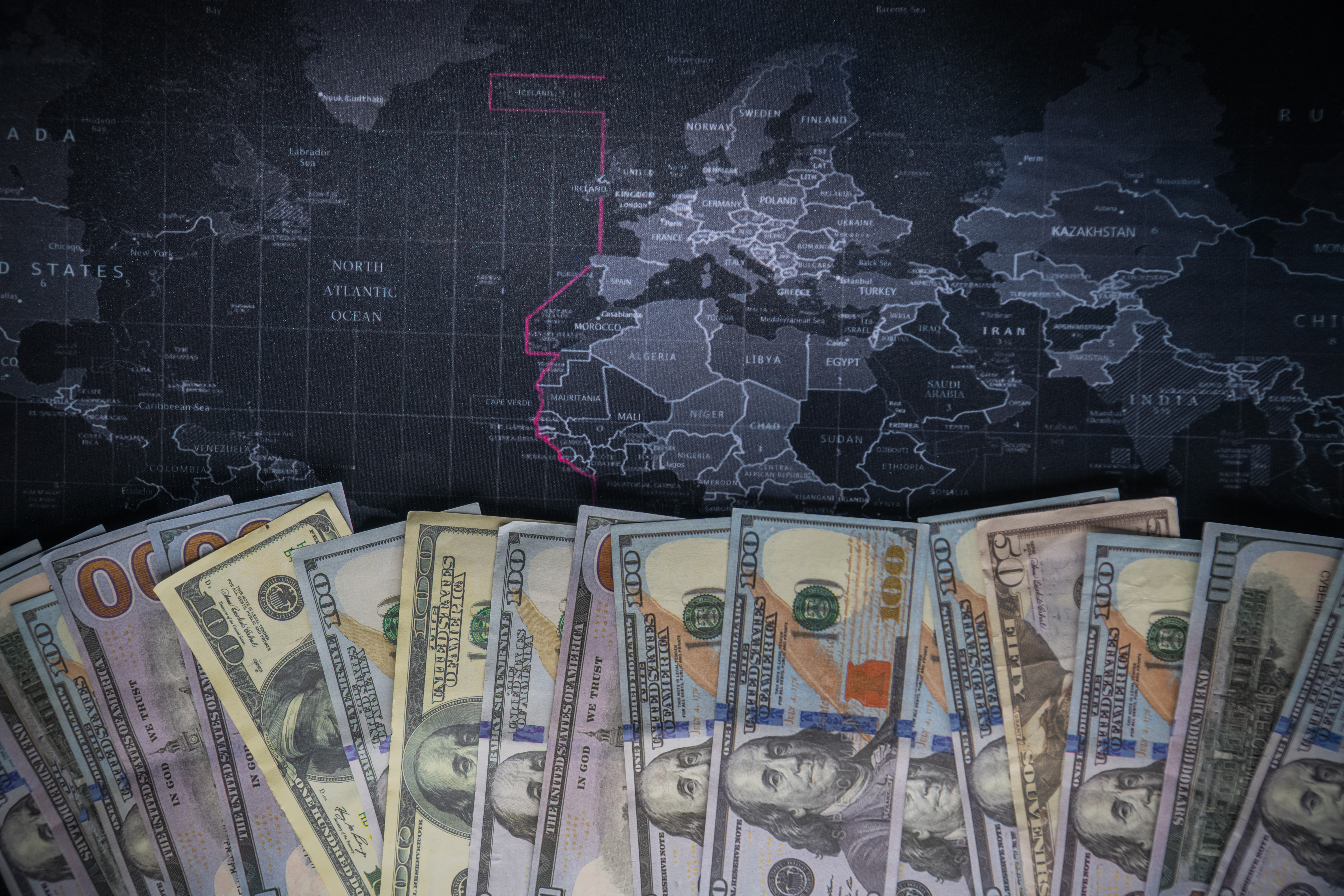The Evolving Landscape of Money Laundering: A Closer Look at the UAE’s Role. An article in Vice focuses on the important issue of money laundering. In the relentless pursuit to combat organized crime, authorities are finding that merely “following the money” is no longer sufficient. The UK’s National Crime Agency (NCA) highlights the challenges posed by international controller networks (ICNs), revealing that organized crime groups, particularly drug and human traffickers, are increasingly turning to sophisticated methods to launder vast sums of illicit cash.
One prevalent method involves the use of informal money transfer systems, such as the ancient hawala system, which is gaining popularity among criminal organizations globally. These networks capitalize on a web of trust-based transactions that make tracing the movement of funds nearly impossible for investigators. The hawala system, for instance, operates on the value of money rather than physical transfer, utilizing tokens like specific serial numbers on banknotes to verify transactions.
The Evolving Landscape of Money Laundering: A Closer Look at the UAE’s Role
Notably, the United Arab Emirates (UAE), particularly Dubai, has become a hotspot for these illicit financial activities. The NCA identifies the UAE as a hub for ICNs involved in laundering criminal cash. The UAE’s strategic location and lax regulations make it an attractive base for these networks. Recent incidents, such as a cash smuggling ring busted by the NCA in 2021, highlight Dubai’s role as a destination for laundered funds.
The UAE’s prominence in these illicit financial activities underscores the importance of taking accountability and ensure transparency, cooperation and intelligence sharing, something the UAE has not shown so far.



